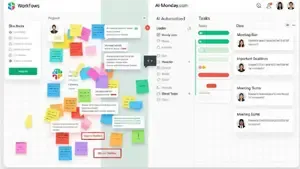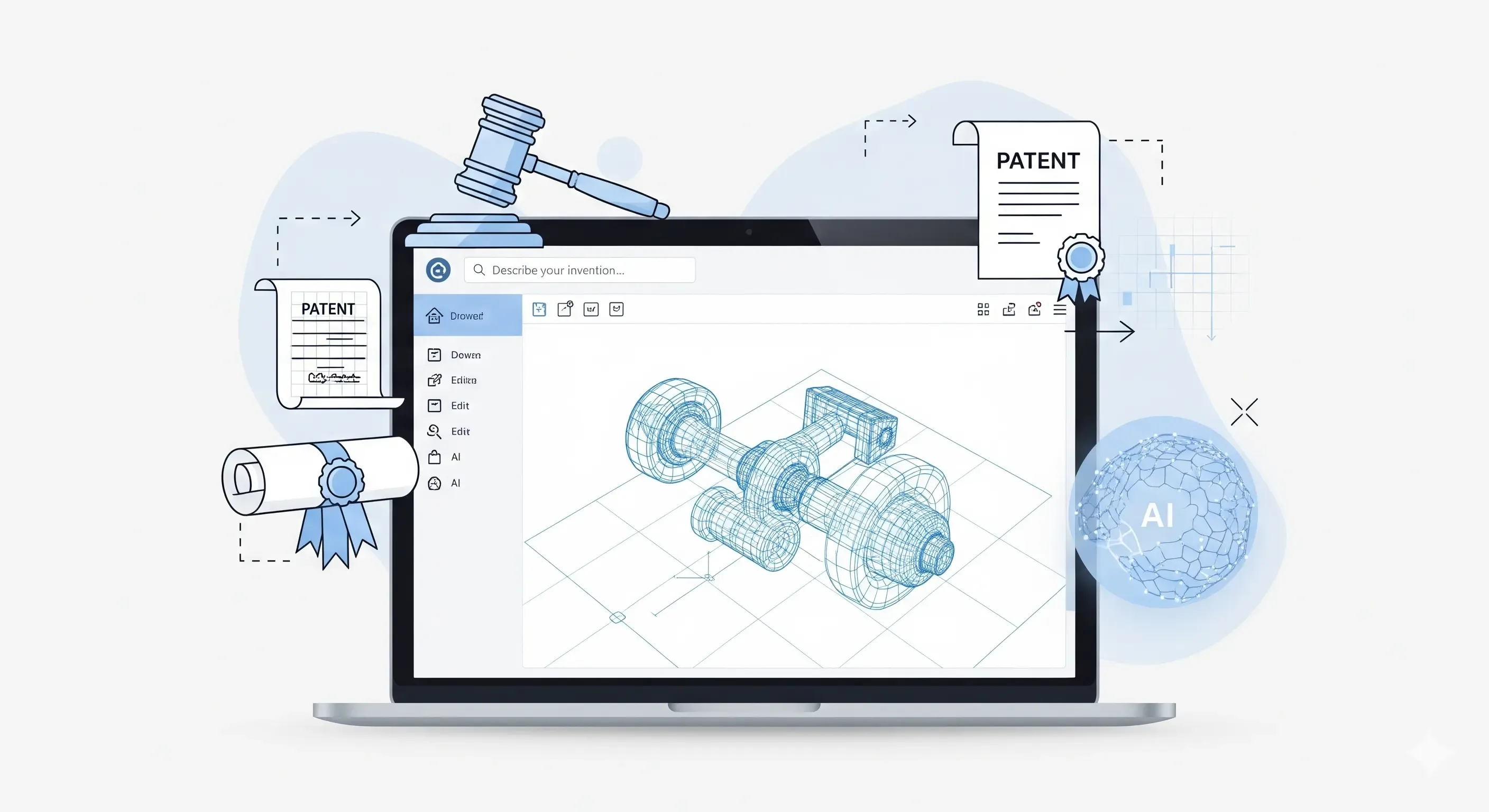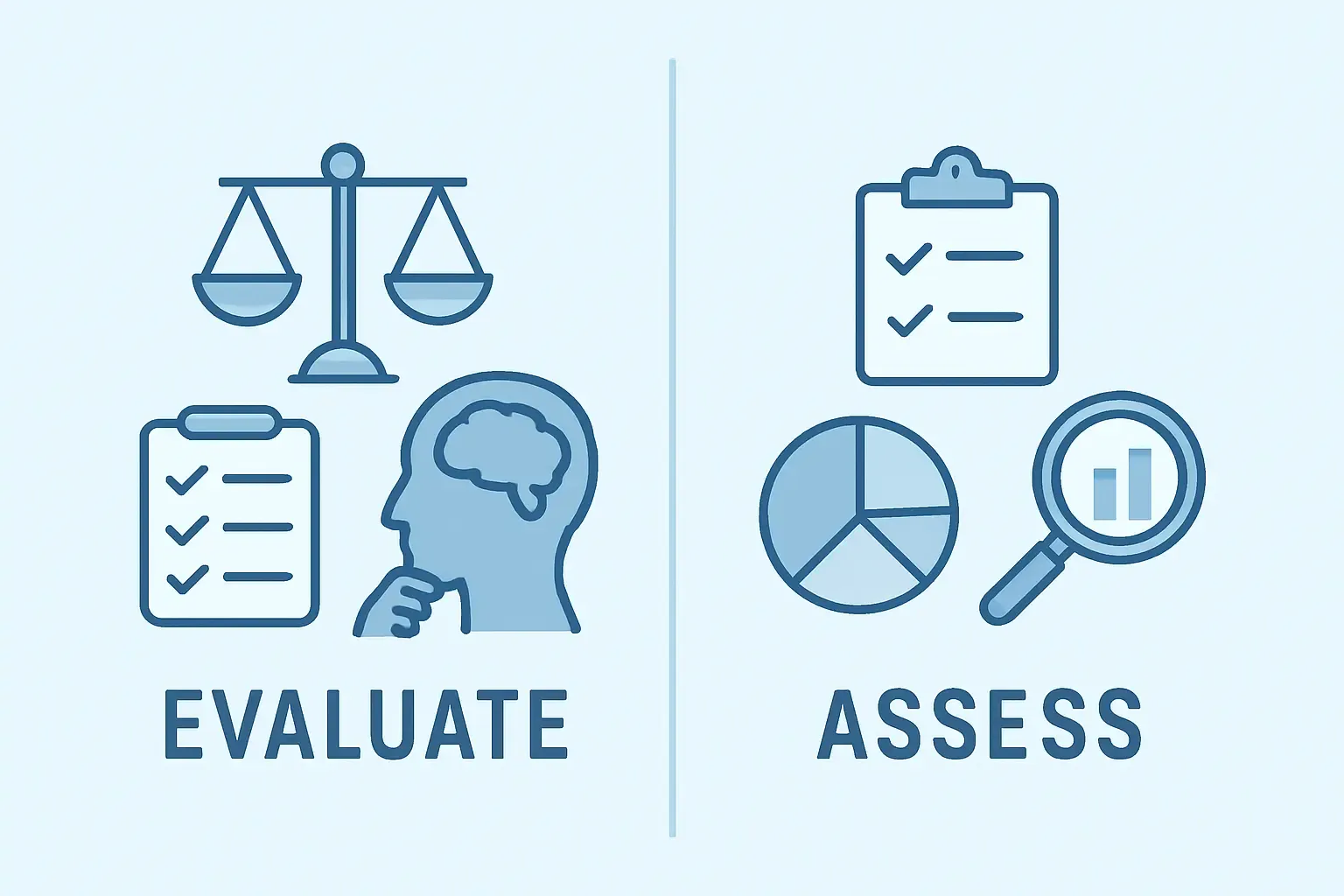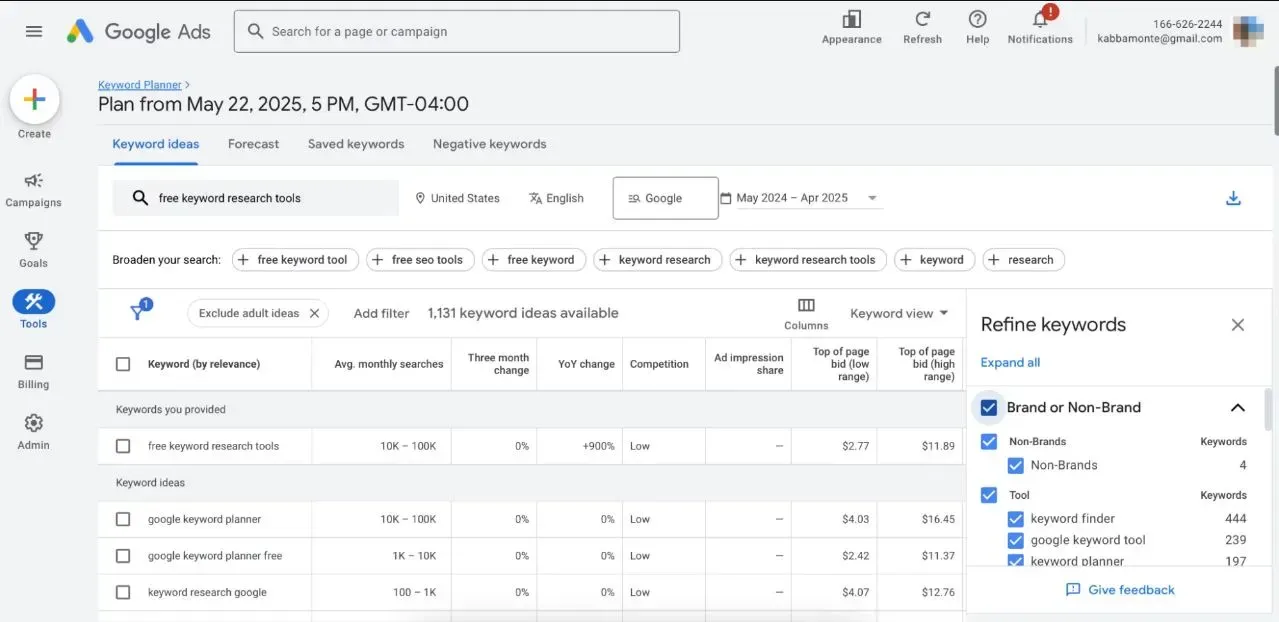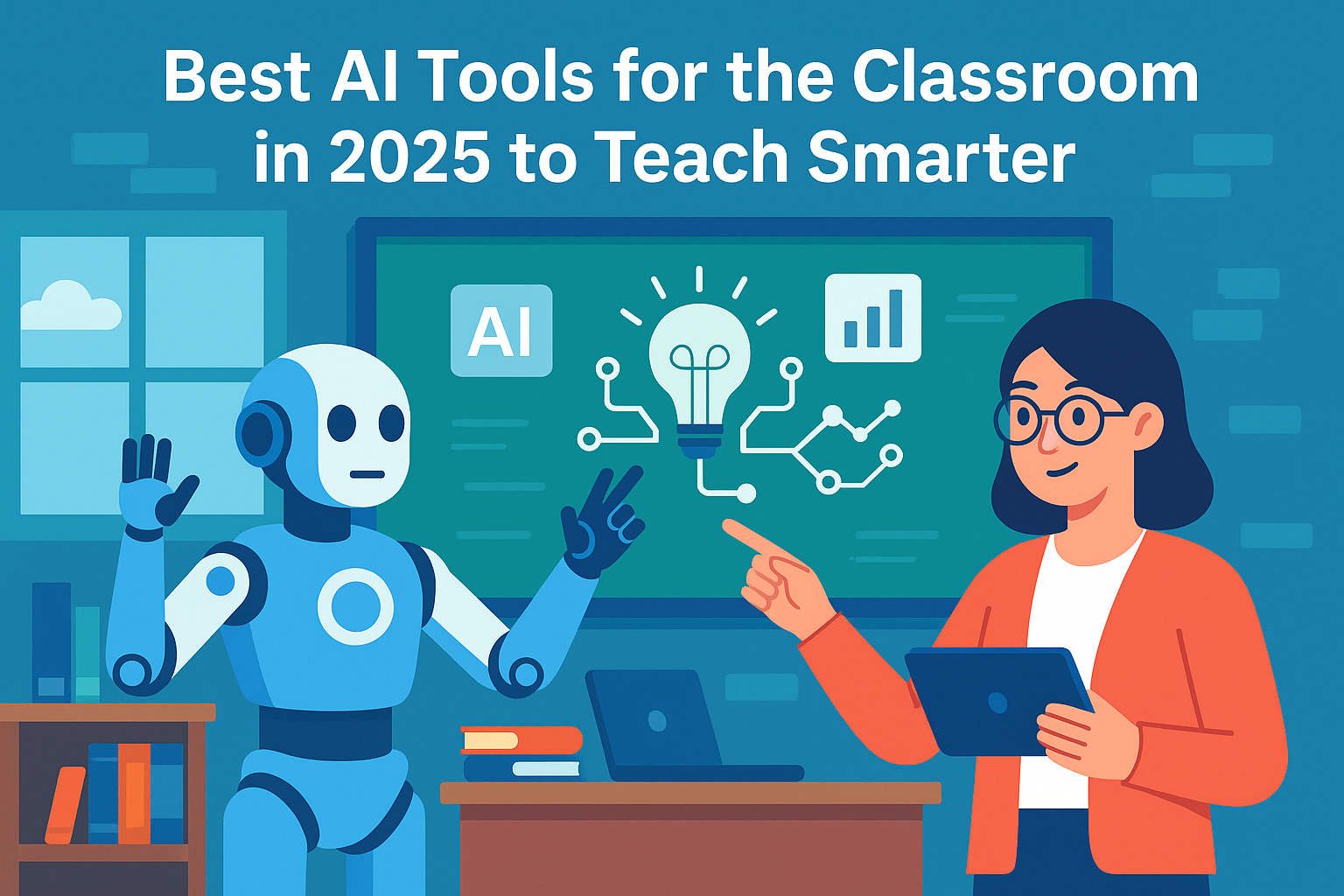Featured Posts

Top AI Study Planner Tools for Students in 2025
Latest Posts
This Week’s Updates
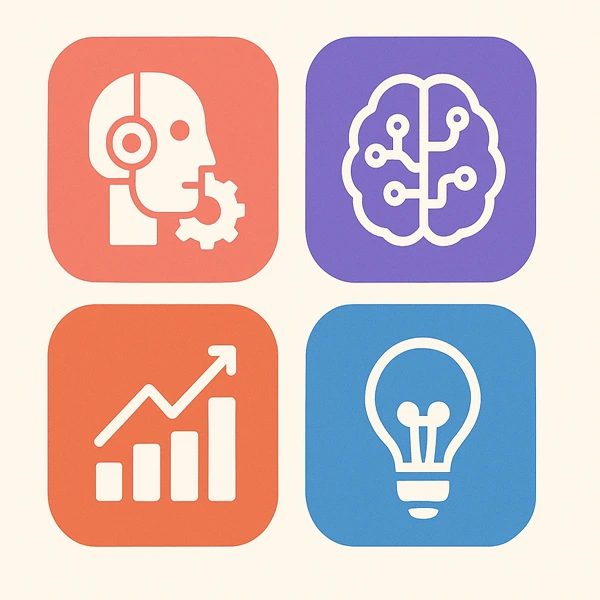
Why Every Profession Needs AI Tools Today
AI tools are now essential across all professions. From teachers and doctors to marketers and engineers, artificial intelligence simplifies tasks, boosts accuracy, and saves time. One major advantage is automation-handling repetitive work like data entry, scheduling, and emails. In healthcare, AI supports diagnostics and patient tracking, while in finance, it detects fraud and predicts trends. AI-powered tools also improve communication, helping writers, support teams, and marketers create content, translate text, and reply to queries quickly. Personalization is another benefit: in education, lessons are tailored to students; in retail, shoppers get product recommendations. AI even fuels innovation, letting professionals simulate designs, test ideas, and refine processes faster. No matter the field, AI tools for professionals are transforming how we work. Embracing them means better productivity, smarter decisions, and a competitive edge in today’s fast-paced world. Working smarter-not harder-is now a reality with the power of AI.
